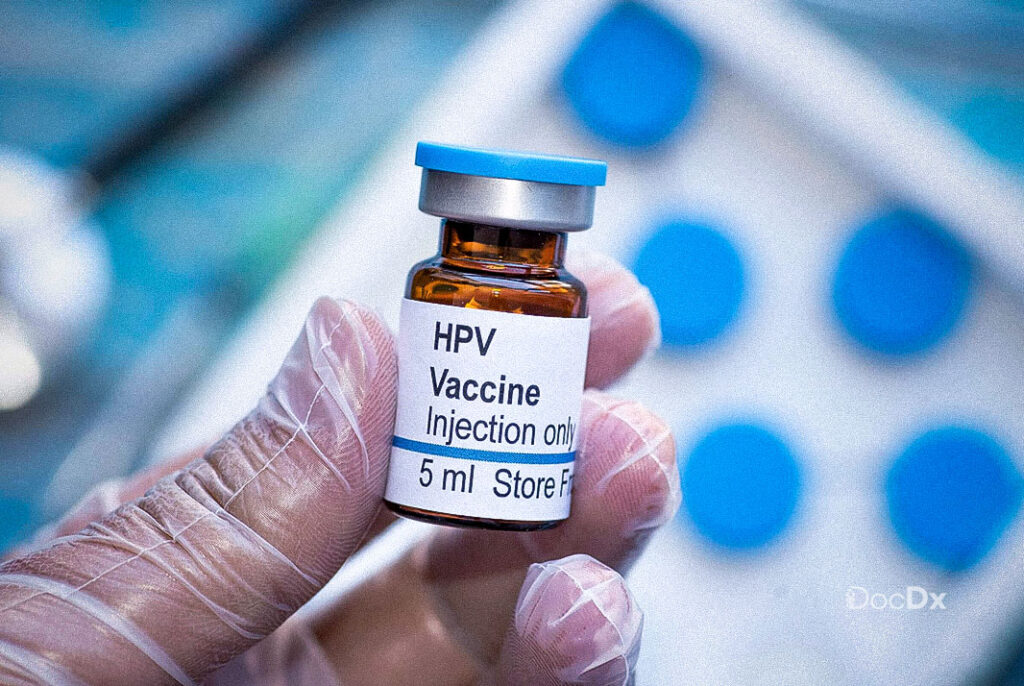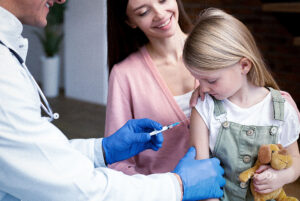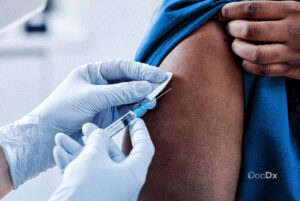Human papillomavirus (HPV) is a common virus that most people are exposed to at some point in their lives. Although many HPV infections clear up on their own, some can lead to serious health issues, including cancer. Fortunately, the HPV vaccine offers significant protection against the virus and plays a vital role in reducing the risk of HPV-related cancers. In this post, we’ll dive into the importance of HPV vaccination, how it helps prevent cancer, and why it’s a critical step in safeguarding long-term health.
What is HPV?
HPV is a group of more than 200 related viruses, and while many strains are harmless, others can cause genital warts or lead to cancers of the cervix, throat, anus, and more. It’s one of the most prevalent sexually transmitted infections globally, with millions of new cases every year. Many people may not even realize they are infected because the virus often doesn’t cause any immediate symptoms.
How HPV Leads to Cancer
Certain high-risk types of HPV, such as HPV-16 and HPV-18, can cause abnormal changes in cells. Over time, if these abnormal cells are left untreated, they can develop into cancer. This is why regular screenings and early detection, alongside vaccination, are essential for preventing the progression of the disease.
HPV-Related Cancers
HPV is known to cause several types of cancer, with cervical cancer being the most common. However, HPV can also lead to:
- Oropharyngeal cancer (throat)
- Anal cancer
- Penile cancer
- Vulvar and vaginal cancers
By preventing HPV infection, the vaccine drastically reduces the likelihood of these cancers developing, making it one of the most effective tools in cancer prevention.
How the HPV Vaccine Works
The HPV vaccine works by stimulating the immune system to produce antibodies that target specific types of the virus. If you are exposed to the virus after vaccination, these antibodies can help prevent the virus from infecting cells. Currently, the vaccine is recommended for both boys and girls, ideally at ages 11 or 12, but it can be given as early as age 9 and up to age 26. In some cases, adults between the ages of 27 and 45 may also benefit from the vaccine, depending on their individual risk factors.
Why is Early Vaccination Important?
Vaccinating at a younger age is crucial because it’s most effective when given before any exposure to the virus. The immune response is also stronger in preteens and younger teens compared to adults. For individuals who have already been exposed to HPV, the vaccine may not provide the same protective benefits, but it can still protect against other strains of the virus.
Effectiveness of the HPV Vaccine
Studies have shown that the HPV vaccine is highly effective in preventing infections caused by the types of HPV that it targets. According to research, the vaccine has led to a significant decrease in the number of HPV infections and cervical precancers among vaccinated populations. In fact, countries with high vaccination rates have seen dramatic reductions in the incidence of HPV-related cancers.
Addressing Misconceptions about the HPV Vaccine
Despite the overwhelming evidence supporting its safety and effectiveness, there are still misconceptions about the HPV vaccine that may cause hesitation in some people. Here are some common concerns and facts to address them:
- Safety Concerns: The HPV vaccine has been studied extensively and is considered very safe. Side effects are usually mild and temporary, such as soreness at the injection site or a low-grade fever.
- Encouraging Early Sexual Activity: Some people worry that vaccinating young children might promote early sexual activity. However, studies have shown that there is no link between receiving the HPV vaccine and an increase in sexual activity among teens.
- Only for Females: While the vaccine is well-known for protecting against cervical cancer in females, it also protects males from cancers of the throat, anus, and penis. Vaccination is important for everyone, regardless of gender.
Cancer Prevention Beyond the Vaccine
In addition to the HPV vaccine, regular cancer screenings, like Pap smears and HPV tests for women, are essential in early detection and prevention. Even if you’ve been vaccinated, it’s important to continue routine screenings as recommended by your healthcare provider.
The Global Impact of HPV Vaccination
The implementation of HPV vaccination programs has had a profound global impact. Countries with widespread vaccination campaigns have seen a significant reduction in HPV infections, cervical precancer rates, and the overall burden of HPV-related cancers. As more individuals are vaccinated, we move closer to a future where HPV-related cancers become much rarer.
Conclusion
HPV vaccination plays a critical role in cancer prevention, offering protection against several types of cancer, including cervical and throat cancers. With its proven safety and effectiveness, it is a key tool in reducing the global cancer burden. If you or your child haven’t been vaccinated, consider talking to your healthcare provider about this potentially lifesaving vaccine. Providers offering HPV vaccination services can help guide you on the best course of action to protect your health.
By taking this preventive step, you’re not just protecting yourself, but contributing to the larger fight against cancer.



